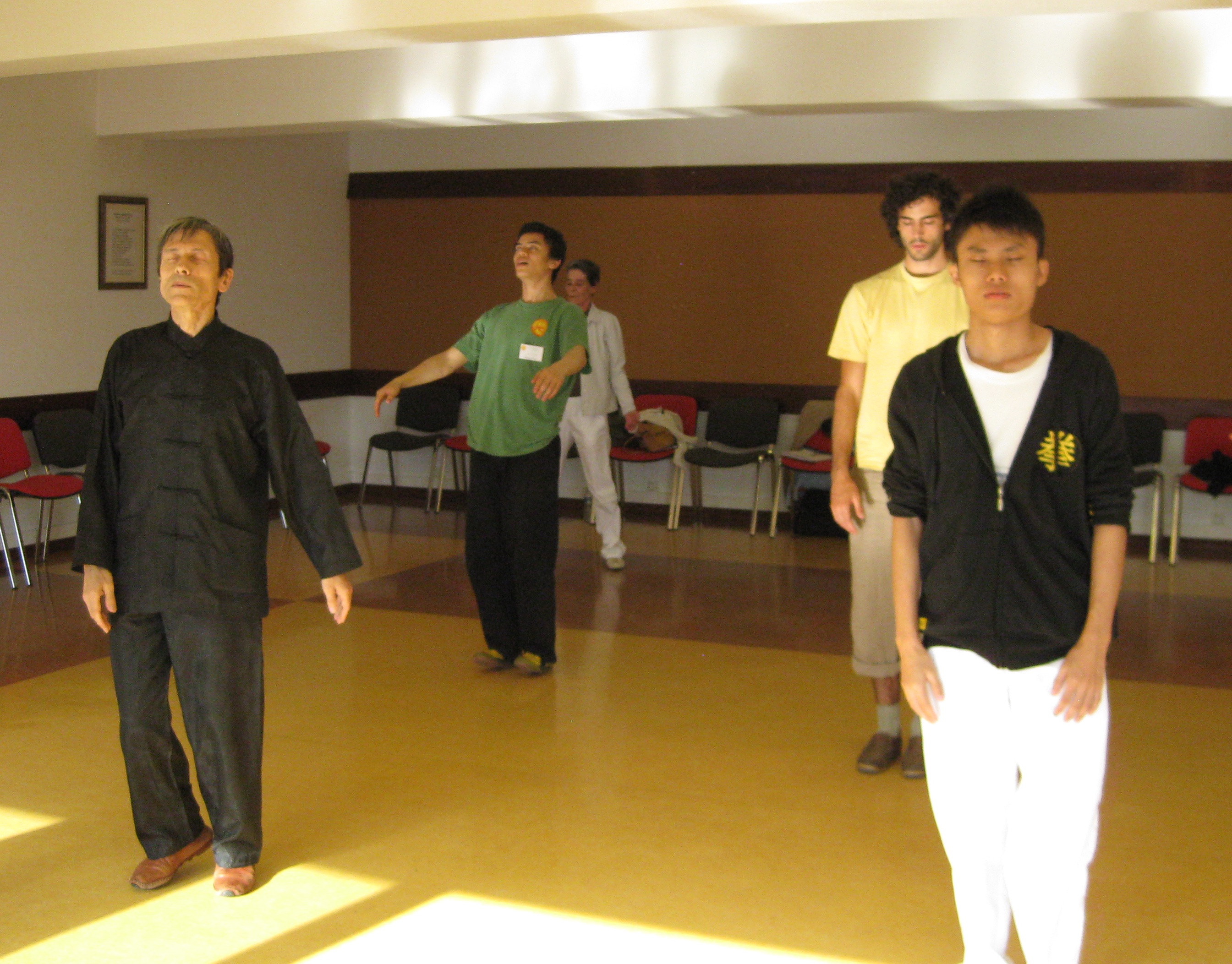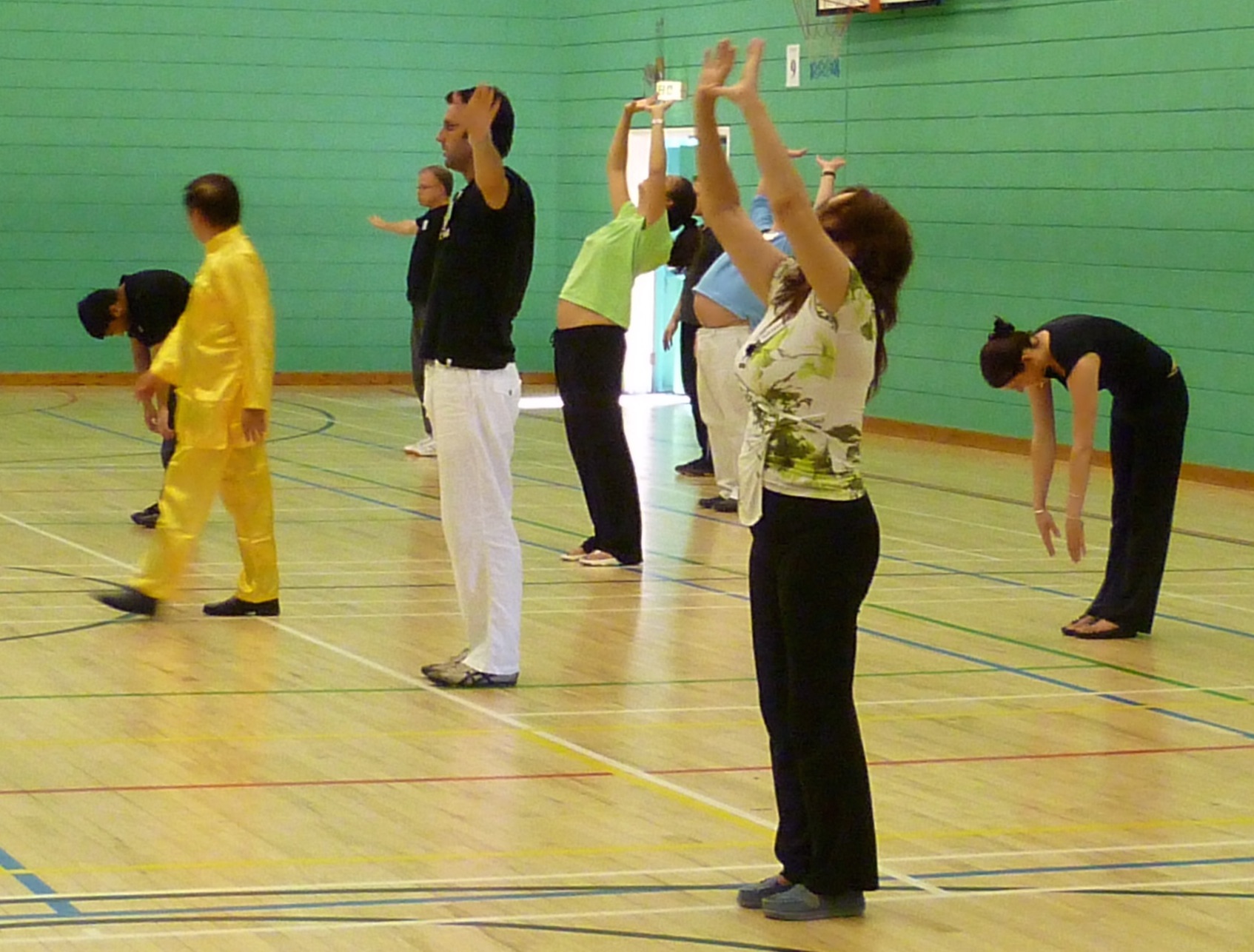SELF-ASSESSMENT TO CHECK AGAINST DEVIATION

An excellent way to assess whether one has practiced correctly is to check if he has attained the benefits his practice is menat to give
Question
Especially for those of us that don't live near a Wahnam community, is there any type of self-assessment we can perform from time to time to determine if we have deviated from correct practice?
Andrew R
Answer
There are four sets of self-assessment one can perform to check whether he has deviated from correct practice.
These four sets of self-assessment are:
- Following the fundamentals of the practice.
- Accessing whether he has obtained the benefits the practice is meant to give.
- Accessing whether he has accomplish the aims and objectives of his practice.
- Following the three golden rules of practice, which are don’t worry, don’t intellectualize and enjoy the practice.
- To be relaxed.
- To be focused.
However, in some kungfu schools today, students tense their muscles, They also stress their mind. From our perspective, as well as from the advice by generations of masters, tensing their muscles and stressing their mind will result in deviation to the practitioners.
Students must guard against knowing the theory but doing the reverse in practice. This is actually what some students unwittingly do. They know that they have to be relaxed and focused, but in their practice, they unwittingly tense their muscles and worry about their techniques. It is therefore a great help if students have a competent teacher supervising them.
There are three main benefits of chi kung practice, namely good health, vitality and longevity. Young students may have to wait for many years before they can tell whether they obtain the benefit of longevity, but usually after a few months, they can tell whether they have good health and vitality.
If they don’t have these two benefits of good health and vitality, they have deviated from correct practice. Usually they have not followed the fundamentals, which are to be relaxed and to be focused. Or they may have practiced gentle physical exercise instead of genuine chi kung.
The same benefits of good health, vitality and longevity apply to kungfu practice, with the addition of combat efficiency. If students do not have these benefits, they would have deviated from correct practice.
Unfortunately, most kungfu practitioners today, and by extension most martial artists today, do not have these benefits. This is because, though they may not want to admit it, the kungfu or martial arts they practice are not genuine. They only practice external forms of their arts for demonstration, or for generous exchange of blows. Thus, they have deviated right from the start. Instead of practicing genuine kungfu, or a genuine martial art, they have practiced something else.
Some students may have some special reasons for practicing chi kung or kungfu. They may want to overcome some illness, or to learn some special kungfu sets or develop internal force. Provided that first of all they have learned from competent teachers who can help them to fulfil their needs, if they have accomplished their needs, they have practiced correctly.
If they have not accomplished their needs, they have deviated. Again if they have deviated, provided that they learn from competent teachers, it is because they have not followed the two fundamental requirements of being relaxed and being focused.
The three golden rules of practice in our school, which are don’t worry, don’t intellectualize and enjoy the practice, are excellent for preventing deviation, besides ensuring correct practice. Even if they made some mistakes due to carelessness or forgetfulness, the chi flow as a result of their practice is more than sufficient to erase the harm their mistakes may have caused.

The 3 golden rules of practice is in our school is not to worry, not to intellectualize, and to enjoy the practice
The above article is reproduced from the thread Deviating from the Fundamental Skills of Shaolin Chi Kung in the Shaolin Wahnam Discussion Forum.
LINKS
Courses and Classes
